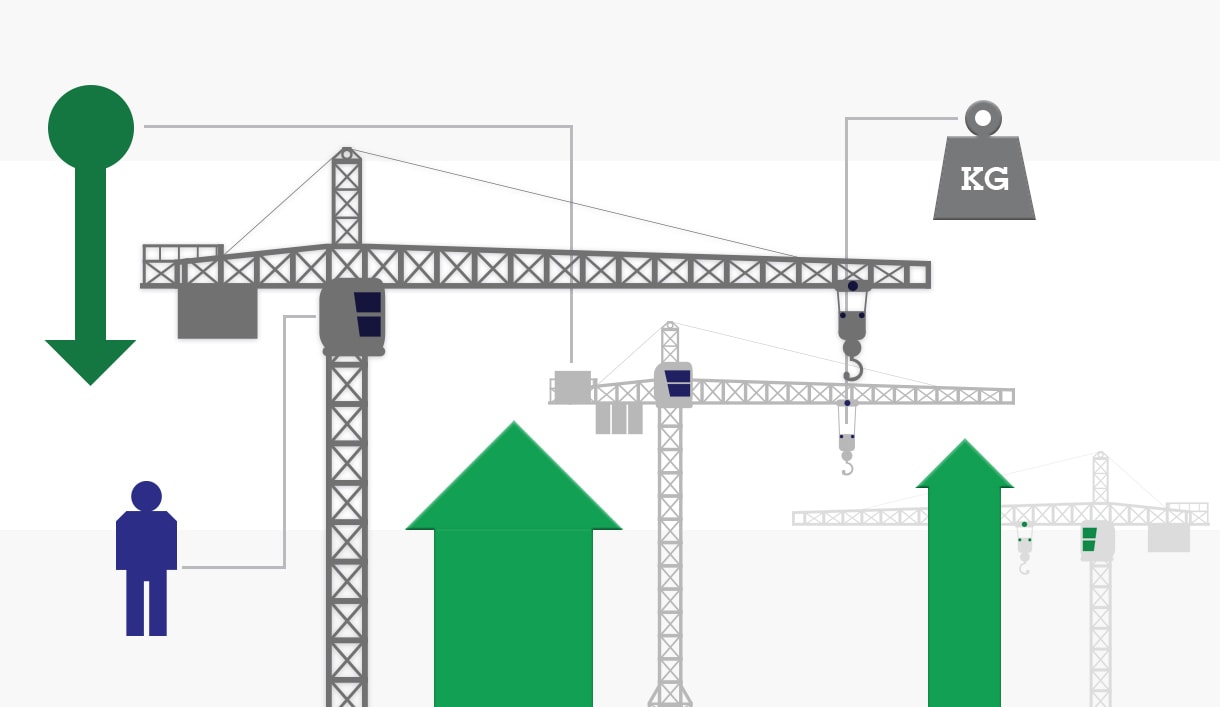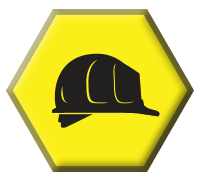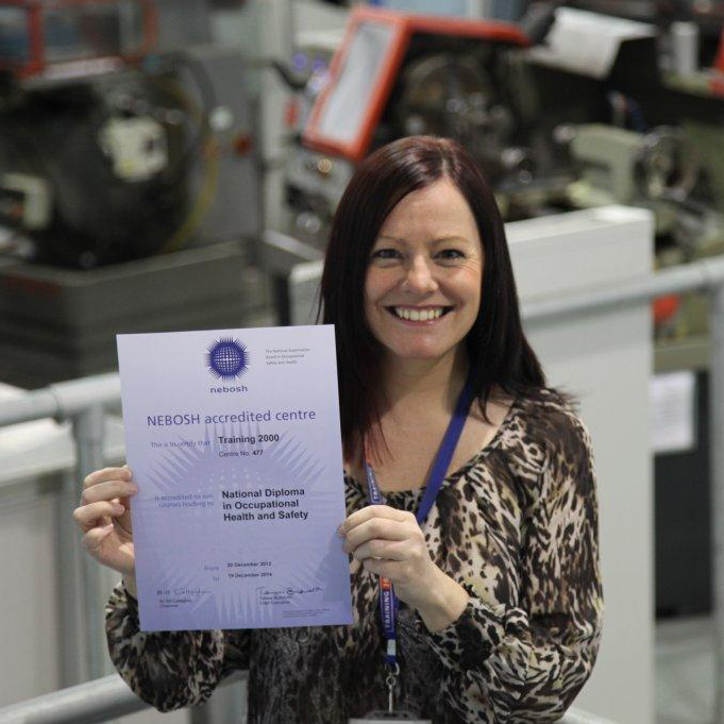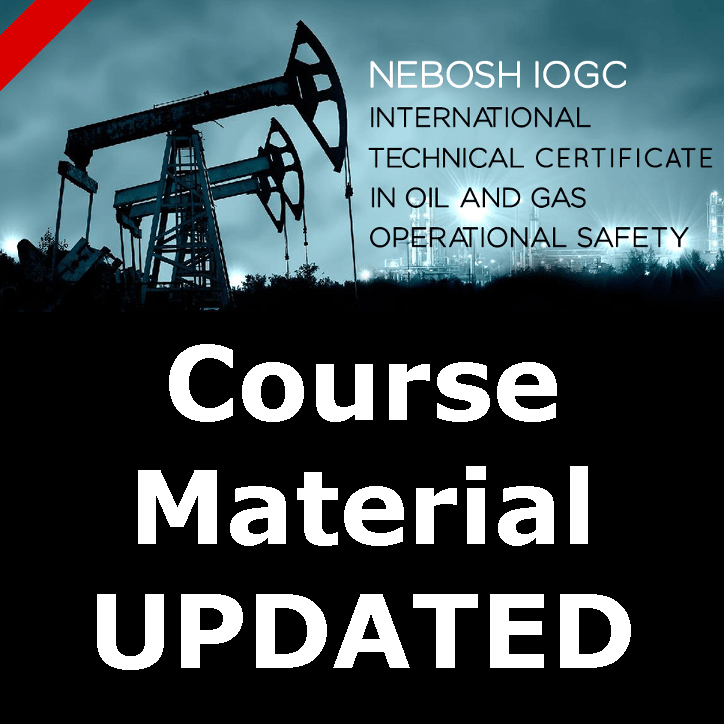Heavy Lifting with Cranes
The Dangers of Heavy Lifting with Cranes
In this article we cover some of the best ‘top tips’ when using cranes for lifting heavy loads. Firstly the most important tip to remember is – Safety is paramount!
Extend extra care not carelessness
For any kind of lifting due care and consideration of risks should never be disregarded; as loads increase so to do the risks and level of care required to manage safely with crane operation being one of the most precarious examples.
Heavy lifting operations are considered to be complex for a reason and will require specialist safe systems of work to be introduced in order to maintain the safety of people, equipment and property.
BS7121 Standard
BS7121 safe use of cranes is an approved code of practice to ensure safe complex heavy lifting operations using cranes.
The following category of competent persons need to be employed to ensure that safe heavy lifting operations can be carried out such as;
- Appointed person.
- Crane operator.
- Rigger/slinger/banksmen.
- Crane supervisor.
Safe systems of work
The following safe systems of work must be in place prior to carrying out any lifting operation.
- Pre-site inspection – Ground stability conditions / access / egress, weather conditions ECT.
- Suitable cranes – Lifting accessories.
- Pre-Inspection of the lifting equipment / testing / examination / certification.
- Risk assessment / method statement.
- Lift plan.
- Competent lifting team trained to BS7121 / Construction Plant Competence Scheme standards
General tips for crane operation
Additionally, a few key points always worth keeping in mind during crane operation:
- Once a load is in the air, don’t leave the controls – While a load is suspended the operator should not leave the controls.
- Stay focused, stay on task – An operator should never multitask to fulfil other roles such as signalling or heed distractions such as a mobile phone.
- Stop means STOP – If an emergency stop signal is given the operator should do so regardless of who gives it.
- Keep it clear – Heavy loads should never be moved directly over people and all nearby personnel should be kept clear of areas they may be hit should it swing, shift or fall.
- Look around you – A broad awareness of surroundings should be maintained at all times with specific attention given to overhead hazards such as power lines and potentially dangerous weather conditions warranting suspension of operations.
Want to know more?
Third party specialist advice can also be bought from Crane companies such as Ainscough Crane Hire https://www.ainscough.co.uk/ or Baldwin’s Crane Hire https://www.baldwinscranehire.co.uk/
Kai Young CMIOSH









Hi..
Am from Tanzania Africa,am interested with SHEIlds so want to join..So i need your help on how to apply for International students?
Hi Mrisho,
It’s simple to apply for any International course at SHEilds. You can visit our Qualifications page and select from the International health & safety courses on offer to discover more. You can then submit the enquiry form with your details and a course advisor will be in touch. SHEilds course advisors can answer any questions you may have. You can also use the ‘Live Chat’ on our website to speak with someone right now. If you’d prefer you can always give us a call or request a call back.
As you already seem interested I will inform our team and a course advisor will contact you shortly on your registered email address.
I appreciate the information and tips on heavy lifting with a crane. I agree that heavy lifting should be considered complex and should never be disregarded or treated without care. I would imagine that it is so easy to have something go completely wrong with a crane if you don’t know what you are doing. Having a professional do the work is completely worth the pay and will give you piece of mind.
A great article about the safety that should be applied to any heavy lifting activity.
I agree that it’s wise to have the area inspected before running or hiring a crane company to come on the property. For a machine that big, you need to have reliable footing. It’s important to go through the proper steps to ensure safety for everyone involved.
Good post. it ‘s important to operate crane safely, especially for handling heavy loads.
I can definitely see why you would want to perform an inspection of the construction site before installing a crane. I hear that there are plans to build a large bank in the center of our community. I definitely think that they’ll be needing a powerful crane in order to make the structure as tall as necessary.
In order to ensure safe operations of cranes, the safety rules must be followed strictly. Wherever the cranes are used, the safety always comes first.
Thank you for all the safety tips about how to handle a crane! I agree that the operator should never try to multitask when operating the crane! That could go really bad if he were to miss a signal. Thanks for all the great tips!
I like that you talked about making sure an operator doesn’t get distracted, like by using a phone. I have been needing to rent a crane for a project I’m working on and I wasn’t sure how to stay safe. I’ll have to be sure that no one on the site is being distracted so there is less likely to be any accidents.